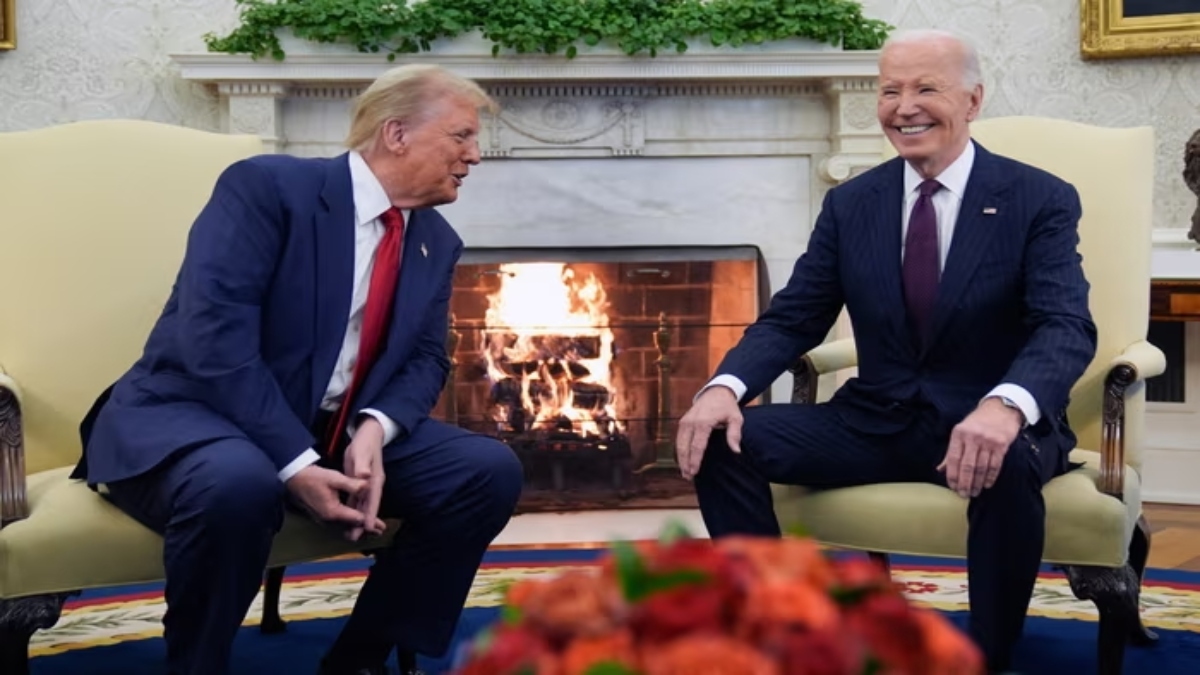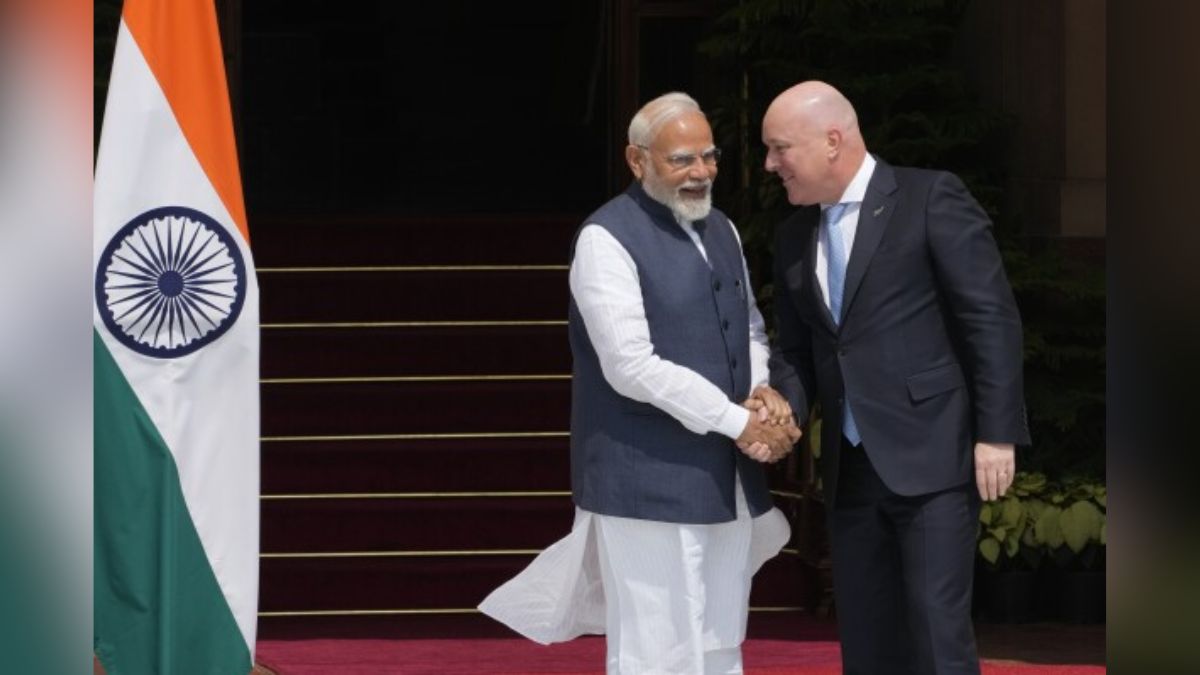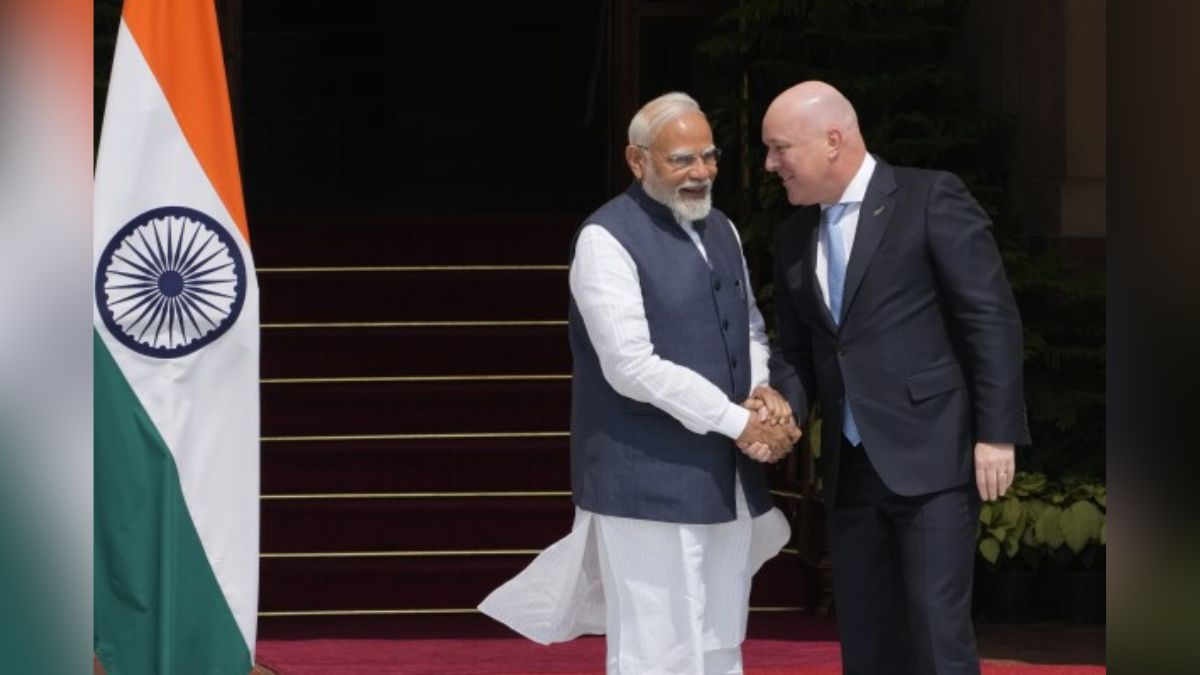President Donald Trump wants to make the US a global semiconductor manufacturing hub, with overreliance on one of his favourite geopolitical tools: Tariffs.
And that’s why the American leader is having hard time pursuing the Chips and Science Act, one of key achievements of his predecessor Joe Biden. The act, which was passed in 2022 with overwhelming bipartisan support, incentivises global firms to set up factories in the US with subsidies and tax concessions.
The Chips and Science Act
It is a Biden-era $52 billion US legislation aimed at revitalising the American semiconductor industry, which is expected to see manifolds growth in coming years.
The legislation includes $39 billion in grants to boost semiconductor manufacturing and $11 billion for research and development.
Before Trump returned to office, over 85 per cent of the grant funding—distributed among 20 companies—had already been approved. However, under Biden, only $4.3 billion of those funds were actually disbursed.
Approximately 75 per cent of the grant funding is set to go to four major semiconductor manufacturers: Intel Corp., TSMC, Samsung Electronics Co., and Micron Technology Inc.
Intel is the largest recipient, securing a $7.9 billion grant for commercial chip factories and an additional $3 billion specifically for military chip production.
Trump’s approach
However, Trump believes these incentives are a “horrible, horrible thing” when he can anytime put his favourite geopolitical tool at work.
Trump recently argued that the legislation was a waste of taxpayers’ money whereas the tariff regime would help US generate revenue as bonus.
The GOP leader added that his plan is already working, crediting it for Taiwan Semiconductor Manufacturing Co’s recent decision to invest an additional $100 billion in US plants.
Is the Chips and Science Act really ‘horrible’?
The impact of the act has been phenomenal, as per media reports.
Spending on building chip factories surged in the months before and after the passage of the CHIPS Act in 2022. Even companies not receiving government funding are benefiting from a growing semiconductor ecosystem, which now includes the industry’s biggest players.
Challenges for Trump
Even as Trump believes the CHIPS act is horrible, he may face significant challenges in repealing the law.
It’s because several chips factories are currently under construction in Republican areas and states. If the legislation is repealed and their funding is stopped, it could disrupt the progress achieved over the last three years.
Nonetheless, Commerce Secretary Howard Lutnick is going ahead with plans to review the planned investments and renegotiate dollar amounts earlier finalised under the Biden administration.
(With inputs from agencies)


)
)
)
)
)
)
)
)
)



